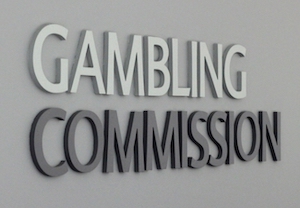The Gambling Commission will soon begin to include a company’s gross gaming revenue or equivalent income in its assessment of penalties for breaches of regulation.

From October 10 this year, Great Britain’s gambling regulator will determine the starting point for the penal element of a penalty by reference to the seriousness of the breach and a percentage of gross gaming yield (GGY), it said.
It will also make adjustments to penalties for “aggravating and mitigating factors, deterrence and early resolution.”
The Commission furthermore intends to provide a “clear and distinct” seven-step process it will follow in coming up with the monetary sum of a penalty, and it will introduce five levels of seriousness of a breach.
John Pierce, the Gambling Commission’s director of enforcement and intelligence, said the changes will “strengthen the transparency and consistency” of the regulator’s imposition of financial penalties.
“The resulting changes will strengthen our decision-making and streamline the calculation of penalties – helping to improve the efficiency and effectiveness of our enforcement work.
“Crucially, the new approach also encourages compliance at the earliest opportunity, supporting the protection of consumers alongside fair and proportionate outcomes for operators.
“Where fines are imposed on society lotteries, registered charities or personal licence holders these will not be based upon a percentage of the GGY accrued during the breach period, rather an appropriate alternative will be used.”
The consultation on changes to the Gambling Commission’s its Statement of Principles for Determining Financial Penalties (SoPfDFP) ran from December 2023 to March 2024.
There were 29 respondents in total.

